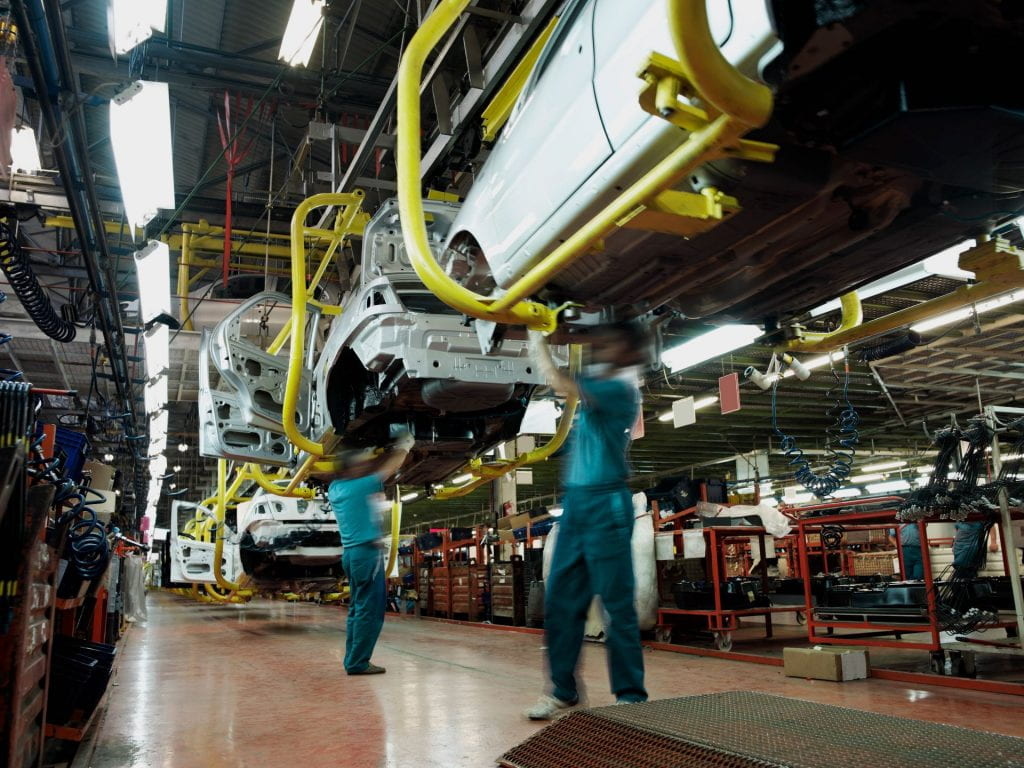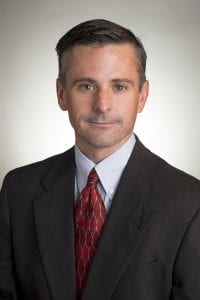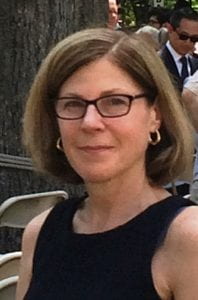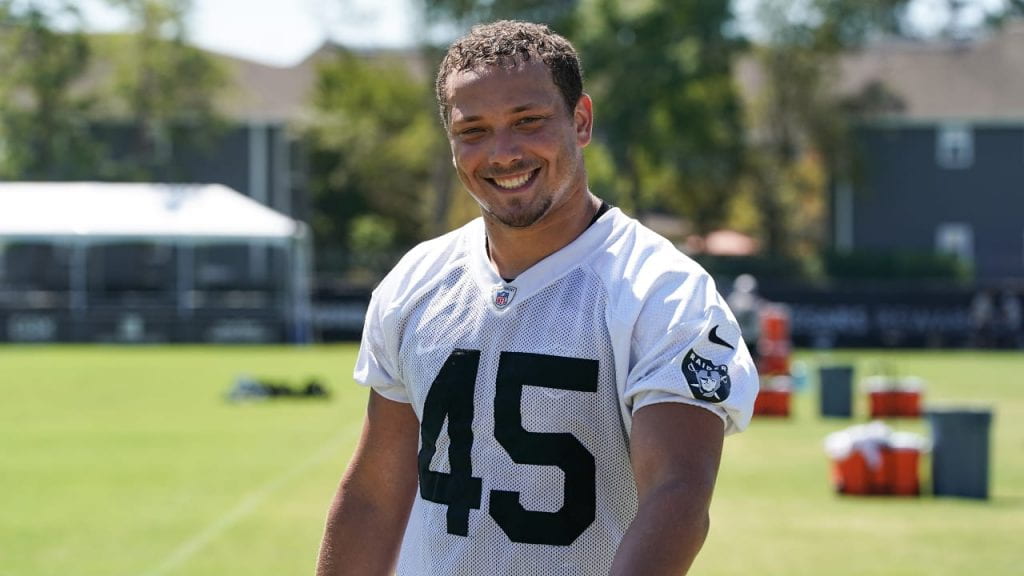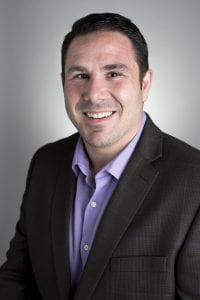New partnership will deepen access to business knowledge for physician leaders
A new partnership between the American Association for Physician Leadership and the Indiana University Kelley School of Business aims to provide physician leaders with deeper access to business acumen that drives effective change in healthcare.
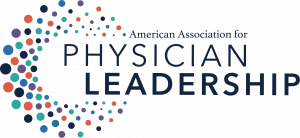 The American Association for Physician Leadership (AAPL) is the only association solely focused on providing professional development, leadership education, and management training exclusively for physicians. The Kelley School of Business is the only top-ranked business school offering a rigorous MBA exclusively for physicians. Together, the two are committed to training physicians in the business of medicine and equipping physicians to better strategize the best course forward for their patients, their healthcare organizations and their clinical teams.
The American Association for Physician Leadership (AAPL) is the only association solely focused on providing professional development, leadership education, and management training exclusively for physicians. The Kelley School of Business is the only top-ranked business school offering a rigorous MBA exclusively for physicians. Together, the two are committed to training physicians in the business of medicine and equipping physicians to better strategize the best course forward for their patients, their healthcare organizations and their clinical teams.
“It is more important now than ever for physicians to be the driving force behind change in our healthcare system,” said Peter Angood, MD, President and CEO of AAPL. “This partnership provides a pathway for AAPL physician leaders to combine the practical knowledge we offer through coursework and conferences with the Kelley School’s national reputation, in-depth expertise and world-class faculty through the graduate-level curriculum offered in the Physician MBA Program.”
“We are thrilled to partner with AAPL, an organization whose mission so closely aligns with our own,” said Idalene “Idie” Kesner, dean of the Kelley School of Business and the Frank P. Popoff Chair of Strategic Management. “As more physicians seek to advance their business training, this partnership elevates the importance of educating physician leaders in the language of business. When they can speak to the business of healthcare—as well as the science of medicine—our alumni are prepared to lead effective change for their organizations, their patients and the wider U.S. healthcare system.”
The partnership provides new opportunities for both current and future AAPL members, including a reduction in Kelley Physician MBA course tuition for physicians who’ve completed AAPL’s Master’s Prerequisite Curriculum and access to the AAPL Capstone, the final requirement in fulfilling Certified Physician Executive (CPE) certification.
For more information on the partnership, as well as courses offered through AAPL and the Kelley Physician MBA Program, head here.
This announcement originally was announced by the IU Kelley School of Business at IUPUI.
